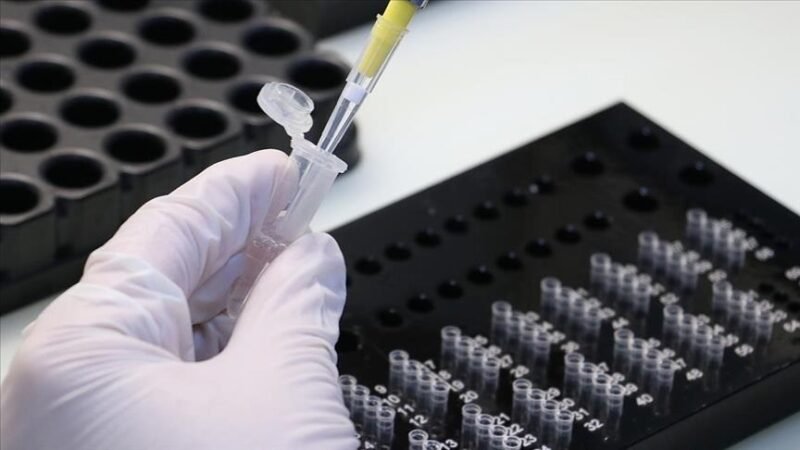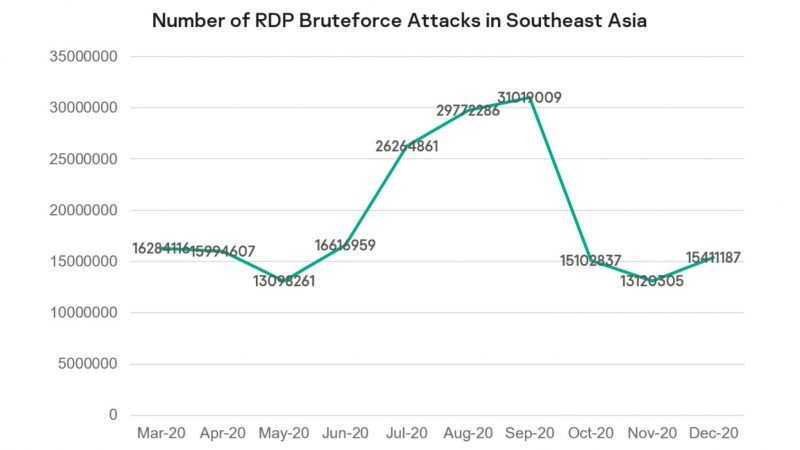The Psychological Aspect of Battling Cancer
Having cancer is perhaps one of the most difficult things to handle. It is something that you cannot do much about. It affects not only the person who has it, but their family and loved ones as well.
By the numbers, it is the third leading cause of mortality in the Philippines with 86,337 recorded cancer-related deaths in 2018. Moreover, it is the second leading cause of death around the world4, with an estimated 9.5 million people dying of this disease in the same year.
Apart from the physical effects, the disease also brings with it, psychological implications. Cancer patients wake up each day and fight their disease, doing everything they can to not let it affect them. On top of physical debilitation it also is another battle to stave off the negative effects it brings psychologically.
Being diagnosed with cancer affects not only the way a patient thinks, but also the people around them. Going through treatments such as chemotherapy, radiotherapy, immunotherapy, or surgery, can lead to a lot of physical stress, emotional changes, and mood swings, as well as anxiety, distress, and depression. Let’s take a quick look at what these emotional and psychological effects are.
The psychological aspect of battling cancer can sometimes even be considered harder than the physical. Being there for someone that you love during these hard times can help them understand that they do not need to face their battle alone, and that they are supported through their journey.
Depending on the cancer treatment, cancer patients may usually lose a lot of hair, experience weight changes because of the difference in their eating patterns, or have a body part amputated. In the midst of these changes, it is normal for cancer patients to experience depression and anxiety.
To help cancer patients deal with the implications beyond the physical aspect, they and their loved ones can do some tasks to improve their psychological wellbeing. Patients can note changes in their mood or ask their loved ones for observations. It is important to be transparent about these feelings, especially when informing the patient’s healthcare team.
Simple breathing exercises and counseling can also bring a significant impact to a patient’s overall emotional and psychological condition. Moreover, getting professional help also help in reducing emotional stress. These doctors can administer psychological therapies like Cognitive Behavioral Therapy (CBT) to help patients manage their thoughts into becoming more helpful ones.
Emotional and psychological assistance are as equally important as giving physical medical attention. The value of a strong support system coming from families, peers, and support groups makes the difference in a patient’s life.
Advocacies like Hope From Within can help cancer patients deal with their mental health issues, by connecting patients to useful resources and information regarding their condition. Their campaigns to help spread awareness about lung cancer, and beginning this year–breast cancer, continue to provide information and links to valuable resources gleaned from medical societies such as the Philippine Society of Medical Oncology (PSMO) and other partner organizations in order to assist patients and caregivers, in taking care of their physical and mental well-being as they go through the cancer journey.



